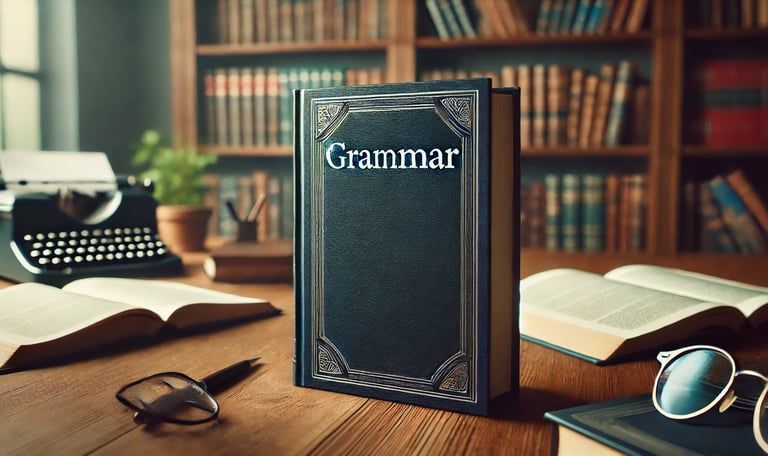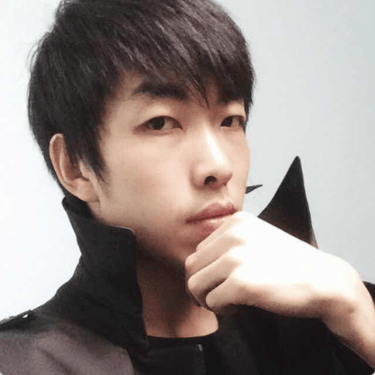

How to use “了” In Chinese?
The particle "了" (le) in Chinese is a versatile character used in various contexts to indicate a change of state, the completion of an action, or to express emphasis. There are two main types of "了": aspect particle 了 and modal particle 了. Here’s a detailed explanation of their usage:
1. Aspect Particle 了 (le)
This 了 is used to indicate the completion of an action or event. It is usually placed after the verb.
Usage:
- To show completed action:
- 我吃了饭。(Wǒ chī le fàn.) - "I have eaten."
- To indicate a past experience:
- 他去过了北京。(Tā qù guò le Běijīng.) - "He has been to Beijing."
Structure:
- Subject + Verb + 了 + Object
- 我看了书。(Wǒ kàn le shū.) - "I have read the book."
- Subject + Verb + 了 + Duration
- 他工作了三年。(Tā gōngzuò le sān nián.) - "He has worked for three years."
2. Modal Particle 了 (le)
This 了 is used at the end of a sentence to indicate a change of state, a new situation, or to emphasize the current relevance of an event.
Usage:
- To indicate a change of state:
- 天黑了。(Tiān hēi le.) - "It is getting dark."
- To express a new situation or realization:
- 我们到了。(Wǒmen dào le.) - "We have arrived."
- To indicate an imminent action:
- 我们要走了。(Wǒmen yào zǒu le.) - "We are about to leave."
Structure:
- Sentence + 了
- 他不来了。(Tā bù lái le.) - "He is not coming anymore."
- Verb + Object + 了
- 我买了书了。(Wǒ mǎi le shū le.) - "I have bought the book."
Combining Both Types of 了
Sometimes both types of 了 can be used in one sentence, often to indicate the completion of an action and the resulting change of state.
- Example:
- 我吃了饭了。(Wǒ chī le fàn le.) - "I have eaten (and I am full)."
Key Points:
- Aspect Particle 了 focuses on the completion of an action.
- Modal Particle 了 emphasizes a new state or situation.
- Placement is crucial: Aspect Particle 了 is placed after the verb, while Modal Particle 了 is placed at the end of the sentence.
Examples in Context:
- Aspect Particle 了:
- 他昨天写了三封信。(Tā zuótiān xiě le sān fēng xìn.) - "He wrote three letters yesterday."
- Modal Particle 了:
- 你快迟到了!(Nǐ kuài chídào le!) - "You are going to be late!"
Understanding and practicing the use of "了" in various contexts will greatly improve your fluency and comprehension in Chinese.
